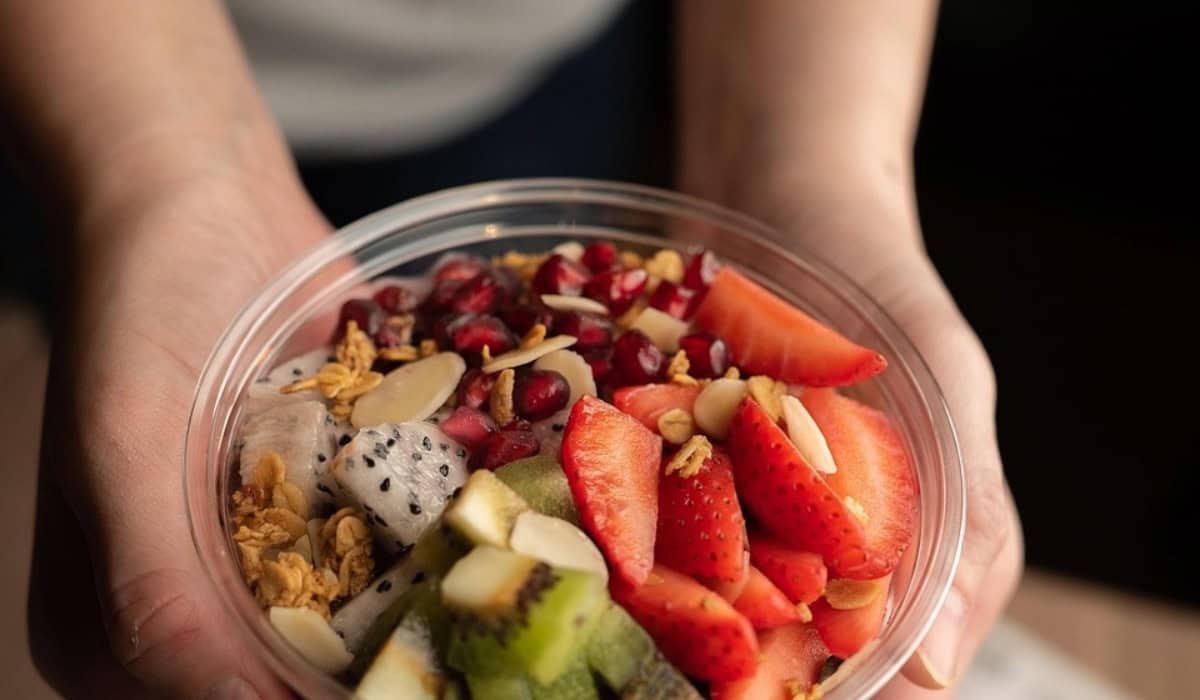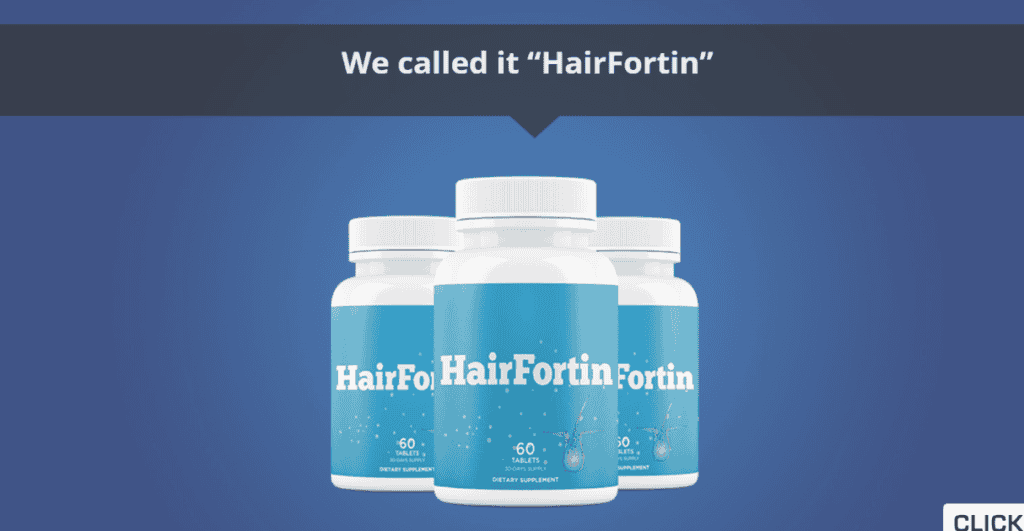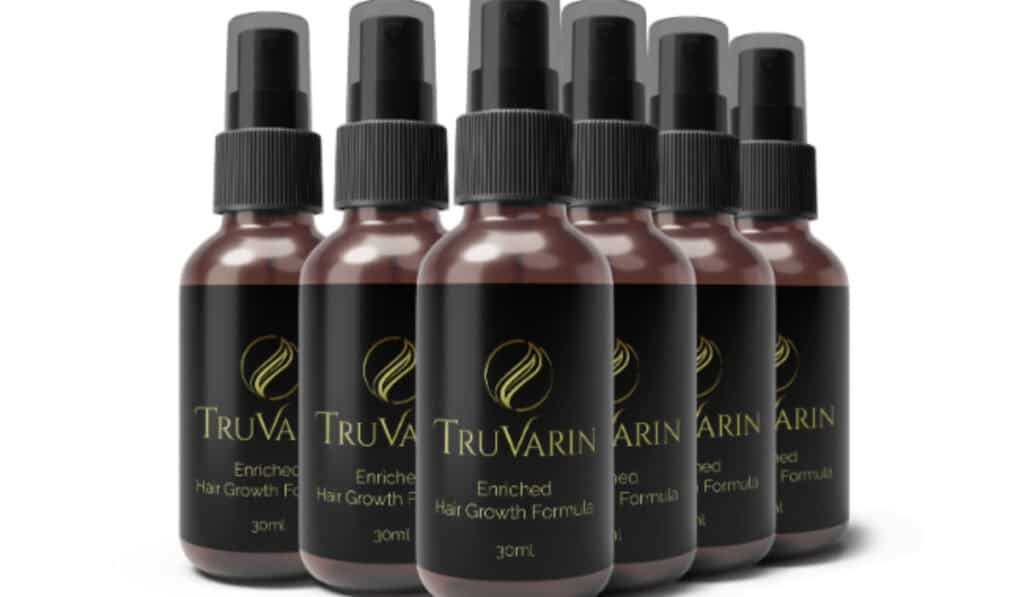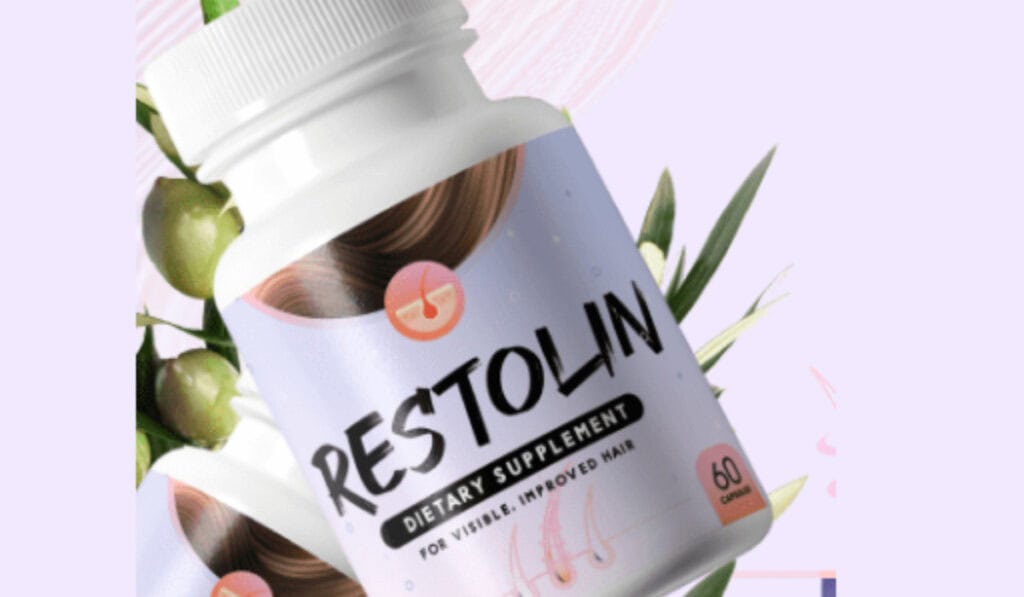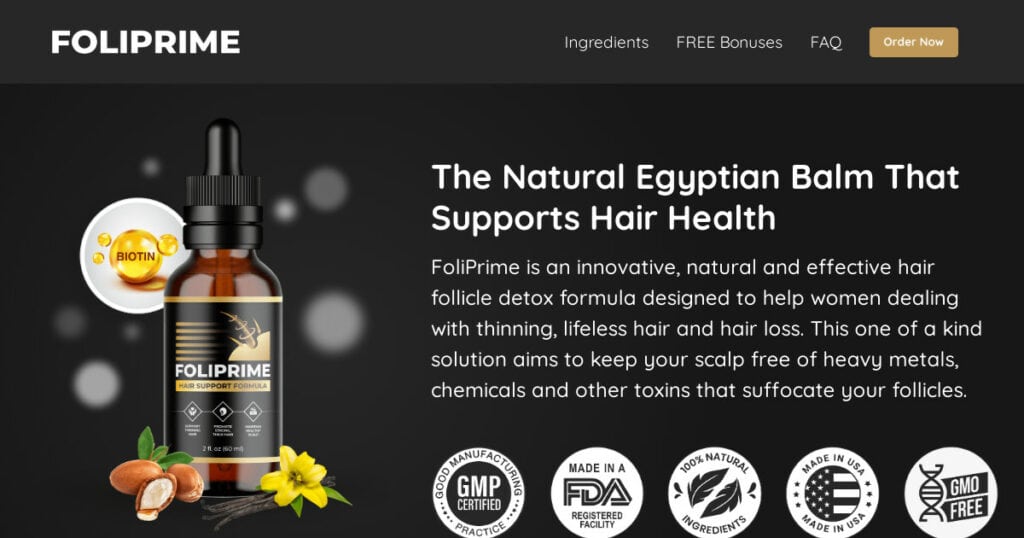A Comprehensive Guide
Nutritional deficiencies can affect your hair’s health more than you might realize. Vitamins, minerals, proteins, and fats play crucial roles in maintaining healthy hair. A lack of these nutrients can lead to hair problems like dryness, weakness, and even loss. This guide will help you understand how certain nutrients impact your hair and how you can address these deficiencies for better hair health.
Iron supplements, for instance, can be vital if you’re dealing with hair loss due to anemia. Foods like pumpkin seeds and egg yolks are excellent dietary sources of iron and other essential nutrients. Incorporating these into your diet can help improve your hair health significantly.
Chronic stress is another factor that plays a role in hair health, leading to issues like dry skin and hair. Managing stress and ensuring you get enough sunlight exposure are steps you can take to support your hair health. Fortified cereals are also a good source of vitamins that support DNA synthesis, crucial for cell renewal and hair growth.
Understanding the connection between oxidative stress and hair health is important. Antioxidants found in various foods can help combat oxidative stress, thereby supporting your hair’s vitality. Including a variety of fruits and vegetables in your diet can provide these antioxidants.
Lastly, it’s not just what you eat but also what you avoid that matters. Limiting exposure to pollutants and harsh hair care products can prevent unnecessary damage to your hair. Combining a nutritious diet with gentle hair care practices offers the best defense against hair health issues.
The Foundation of Hair Health: Understanding Nutritional Roles
Your hair’s health depends heavily on the nutrients you consume. Vitamins and minerals support various aspects of hair health, from the scalp to the hair follicle. Without these essential nutrients, your hair can suffer from various problems, including weakness and hair loss.
Vitamin B12, in particular, is crucial for healthy hair growth and maintaining the overall health of hair cells. A deficiency in this vitamin can lead to noticeable hair issues. Ensuring you get enough vitamin B12 through your diet or supplements is an important step in maintaining hair health.
The Critical Role of Vitamins in Nourishing Hair Follicles
Vitamins play a pivotal role in nourishing hair follicles, ensuring they are healthy and capable of producing strong, vibrant hair. Each vitamin has a specific role in this process, supporting various aspects of hair health.
For instance, vitamin B12 is vital for red blood cell production, which is necessary for transporting oxygen to the scalp and hair follicles. This process is essential for maintaining healthy hair growth. Additionally, vitamin C is crucial for iron absorption, helping ensure that your hair follicles receive enough iron to function properly.
Vitamin C: A Catalyst for Iron Absorption and Collagen Production
Vitamin C isn’t just good for your immune system; it’s also a key player in your hair’s health. It helps with iron absorption, making sure that the iron you consume is effectively used by your body. This is crucial because iron plays a significant role in hair health, and its deficiency is a common cause of hair loss.
Moreover, vitamin C is involved in collagen production, an important protein for hair structure. Collagen surrounds the hair strands and supports their strength and elasticity. A nutritional deficiency in vitamin C can, therefore, lead to weakened hair that’s prone to damage and breakage.
To combat vitamin C deficiency, include citrus fruits, strawberries, and bell peppers in your diet. These foods are not only delicious but are also packed with vitamin C, helping you maintain healthy iron levels and support collagen production for stronger hair.
Folic Acid: Promoting Hair Growth and Renewal
Folic acid plays a fundamental role in cell renewal and supports the health of your hair by promoting hair growth. This B vitamin is essential for creating red blood cells, which carry oxygen to the hair follicles. Adequate oxygen is vital for healthy hair growth and vitality.
By ensuring that your diet includes foods rich in folic acid, like leafy greens, oranges, and beans, you can support your hair’s natural growth cycle. This not only helps in preventing hair loss but also encourages the growth of new, healthy hair.
Remember, a balanced diet that includes a variety of nutrients is key to addressing and preventing nutritional deficiencies that affect hair health. Including folic acid in your diet is an easy and effective way to promote hair growth and renewal.
The Significance of Minerals in Hair Structure and Growth
Minerals such as zinc and iron are fundamental to hair structure and growth. They contribute to hair strength, texture, and the overall health of your scalp. A deficiency in these minerals can lead to hair issues that many find difficult to manage.
Zinc, for example, supports protein synthesis and cell division, processes that are vital for hair growth. Similarly, iron is essential for the production of hemoglobin, which carries oxygen to hair follicles. Ensuring an adequate intake of these minerals can significantly improve hair health.
Zinc Deficiency and Its Direct Link to Hair Weakness
Zinc plays a crucial role in maintaining the strength and health of your hair. It has antioxidant properties that protect hair follicles from damage caused by free radicals. Zinc also supports protein synthesis and cell division, which are essential for hair growth.
Studies have shown that zinc status can influence hair health. Lower serum zinc levels have been observed in patients with hair loss compared to healthy controls. This suggests that a zinc deficiency could directly contribute to hair weakness and loss.
To address zinc deficiency, consider incorporating foods like pumpkin seeds, lentils, and spinach into your diet. These dietary sources are rich in zinc and can help improve your zinc status, thereby strengthening your hair.
Iron Deficiency: A Common Culprit Behind Hair Loss
Iron deficiency is among the most common nutritional deficiencies affecting hair health. Iron levels in the body play a significant role in hair texture and strength. Low serum ferritin, a protein that stores iron, can lead to hair that is weak and prone to breakage.
Your medical history and dietary habits can offer insights into your iron status. If you’re experiencing hair loss, it’s important to consider these factors and assess whether an iron deficiency might be contributing to the issue.
Including iron-rich foods like spinach, red meat, and fortified cereals in your diet can improve your ferritin levels. In some cases, iron supplements may also be recommended to address the deficiency and support healthier hair.
Beyond Vitamins and Minerals: The Importance of Fats and Proteins
Fats and proteins are just as important as vitamins and minerals for your hair’s health. Omega-3 fatty acids, for example, support scalp health, while proteins provide the building blocks for strong hair. A diet lacking in these nutrients can result in weak, lackluster hair.
By focusing on a balanced diet that includes a variety of nutrients, you can address many of the common causes of hair issues. Remember, healthy hair starts with what you put on your plate.
Omega-3 Fatty Acid Deficiency and Hair Health
When your body doesn’t get enough omega-3 fatty acids, it can really show in your hair. Omega-3s are essential fatty acids, meaning your body can’t make them and you have to get them from food. They are crucial for keeping your scalp and hair hydrated. Without enough of these healthy fats, you might notice your hair becoming dry and brittle.
Two important types of omega-3s are linoleic acid and alpha-linolenic acid. They help with the health of your hair by supporting scalp moisture. If you’re not getting enough through your diet, it might lead to hair problems. So, including foods rich in omega-3s, like fish or chia seeds, is key for lush, healthy hair.
The Link Between Omega-3s and Scalp Health
Omega-3 fatty acids play a big role in your scalp’s health. They work by nourishing the hair follicles, promoting healthy hair growth. A healthy scalp means your hair is more likely to be strong and shiny. Plus, omega-3s can help reduce inflammation, which is great because an inflamed scalp can lead to hair troubles.
If your scalp is dry or flaky, it might be a sign that you’re not getting enough omega-3s. These essential fatty acids help to moisturize the scalp, fighting off dryness and dandruff. You’ll want to make sure your diet has foods like fish, walnuts, and flaxseeds that are rich in omega-3s.
Besides eating the right foods, taking a supplement can also help boost your omega-3 intake. This can be especially helpful if you’re not a big fan of fish or nuts. Remember, a healthy scalp leads to healthy hair, so paying attention to your omega-3 intake is a smart move for anyone looking to improve their hair health.
Protein: The Fundamental Building Block for Strong Hair
Your hair is mostly made up of a protein called keratin. That’s why getting enough protein in your diet is critical for strong, healthy hair. If you’re not eating enough protein, your hair can become weak, brittle, and even start to lose its color.
Protein intake is essential not just for muscle repair but also for your hair. When you don’t get enough protein, your body has to decide where to send the limited protein available. Unfortunately, hair growth is not a priority, which is why protein deficiency can lead to hair loss.
Addressing Protein Deficiency for Hair Vitality
To combat protein deficiency and boost hair vitality, it’s important to include protein-rich foods in your diet. Foods like chicken, eggs, and legumes are great sources. They provide the building blocks your hair needs to grow strong and healthy. If you’re vegetarian or vegan, there are plenty of plant-based proteins that can help too.
For some people, increasing protein intake through diet alone might not be enough. In such cases, considering protein supplements can be beneficial. However, it’s important to choose high-quality protein supplements and to use them wisely to avoid any negative effects on your health.
Remember, while protein is crucial for hair health, balance is key. A diet that is well-rounded with a good mix of protein, vitamins, and minerals will support overall hair health and growth. So, make sure you’re not just focusing on protein but also on a balanced diet for the best results.
Identifying Key Nutrient Deficiencies That Affect Hair Health
Nutrient deficiencies can sneak up on you and take a toll on your hair health before you even realize it. For example, not getting enough vitamins and minerals can lead to hair that looks and feels less than its best. Levels of vitamins like vitamin D, vitamin E, and certain B vitamins are particularly important for hair health.
But it’s not just about vitamins. Your hair also needs healthy fats and proteins to thrive. Sweet potatoes, bell peppers, and leafy green vegetables are just a few foods that pack a powerful nutrient punch for your hair. Including a variety of nutrient-rich foods in your diet is a great way to make sure your hair stays healthy and strong.
Iron Deficiency and Its Impact on Hair Texture and Growth
Iron is a superstar when it comes to hair health. It carries oxygen to your hair’s roots, helping it grow. If you’re not getting enough iron, you might find your hair growth stalling, or your hair becoming thin and brittle. Iron deficiency anemia is a common condition that can lead to noticeable hair loss.
To keep your iron levels up, consider incorporating more iron-rich foods into your meals. Think leafy greens, red meat, and legumes. For some, iron supplements may be necessary, especially if you’re not able to get enough from your diet alone. However, it’s important to talk to a healthcare provider before starting any new supplement.
Remember, too much iron can also be a problem, so it’s all about balance. Getting your iron levels checked regularly can help you maintain the right amount for optimal hair health. Paying attention to how much iron you’re getting is a simple yet effective way to ensure your hair stays thick, lush, and strong.
Vitamin D Deficiency: A Stealthy Factor in Hair Loss
Vitamin D plays a crucial role in hair health, and not getting enough can lead to hair loss. It’s involved in the new growth of hair follicles, a process that’s essential for maintaining a full head of hair. Unfortunately, vitamin D deficiency is quite common, especially in places with long winters and less sun exposure.
To combat vitamin D deficiency, try to get a bit more sun when you can. However, for many, diet and supplementation may be necessary to reach the recommended levels. Foods like fatty fish and fortified products can help, but you might also need a vitamin D supplement, especially if you’re not getting regular sun exposure.
The Role of Vitamin D in Hair Follicle Cycling
Vitamin D is not just important for your bones; it also plays a significant role in hair follicle cycling. This is the process that hair goes through as it grows, rests, and eventually sheds. Vitamin D helps to kickstart this cycle, contributing to hair regeneration and overall health.
If you’re dealing with hair loss, checking your vitamin D levels might be a good place to start. Blood tests can determine if you’re deficient and guide you on how much supplementation you might need. Remember, while vitamin D is important, it’s just one piece of the puzzle when it comes to hair health.
Improving your vitamin D levels can help stimulate hair growth and improve the thickness and health of your hair. So, if you’re worried about hair loss, make sure you’re paying attention to your vitamin D intake through both diet and supplementation if necessary.
Vitamin E Deficiency and Scalp Circulation
Vitamin E is another vital nutrient for hair health, especially when it comes to scalp circulation. A healthy scalp circulation means nutrients can easily reach your hair follicles, helping your hair grow strong and healthy. If you’re not getting enough vitamin E, you might notice your hair becoming weaker or your scalp becoming drier.
Vitamin E supplementation can help improve scalp circulation and overall hair health. Foods rich in vitamin E, like sunflower seeds and almonds, are also great for your hair. Including these in your diet can help address any deficiencies and ensure your hair has the nutrients it needs to thrive.
How Vitamin E Supports a Healthy Scalp Environment
Vitamin E is known for its antioxidant properties, which can help protect your scalp and hair from damage. It also moisturizes the scalp, reducing dryness and promoting a healthy environment for hair growth. If you’re dealing with scaly skin or delayed wound healing on your scalp, increasing your vitamin E intake might help.
Topical vitamin E products can directly nourish the scalp and hair, but getting enough vitamin E in your diet is also crucial. Avocados, spinach, and nuts are all excellent sources. For those with significant deficiencies, vitamin E supplements can provide a more concentrated dose to help correct the issue and support scalp health.
Remember, a healthy scalp is the foundation of healthy hair growth. By ensuring you’re getting enough vitamin E, either through diet or supplementation, you’re taking a big step towards healthier, stronger hair. Keep an eye on your vitamin E intake to maintain a vibrant, nourished scalp and luscious locks.
Addressing Nutritional Gaps: Practical Strategies for Healthier Hair
One of the best ways to tackle hair health issues is by addressing nutritional gaps. Vitamin deficiencies can lead to a variety of hair problems, including weakness, breakage, and loss. Ensuring your diet is rich in essential vitamins and minerals is crucial for maintaining healthy hair.
Consider foods high in vitamins D, E, and the B complex, as well as minerals like iron and zinc, to help bridge any nutritional gaps. If you’re unsure about your nutrient intake, talking to a healthcare professional about potential supplements might be beneficial. Remember, a balanced diet is key to supporting not just your hair health but your overall well-being.
Dietary Adjustments for Optimal Hair Health
Making the right changes to your diet can significantly improve the health of your hair. Including vitamins A and C in your meals supports strong and vibrant hair. These vitamins help in producing sebum, an oily substance that moisturizes the scalp and keeps hair healthy.
Foods like sweet potatoes, carrots, spinach, and kale are great for vitamin A, while oranges, strawberries, and bell peppers can boost your vitamin C intake. By balancing your diet with these nutrients, you can foster a healthier scalp and more resilient hair.
Foods Rich in Folic Acid, Zinc, and Iron
To combat hair issues, focusing on folic acid, zinc, and iron is crucial. Folic acid plays a pivotal role in renewing the cells that aid hair growth. Leafy greens, citrus fruits, beans, and whole grains are excellent sources of folic acid. They help in thickening your hair and adding to its natural shine.
Zinc helps in repairing hair and keeping the oil glands around the follicles working correctly. Foods high in zinc include meat, shellfish, nuts, and dairy products. Meanwhile, iron helps red blood cells carry oxygen to your cells, including those that stimulate hair growth. Spinach, lentils, and red meat are great for boosting your iron levels.
By incorporating these nutrients into your daily meals, you can address hair thinness and loss, promoting stronger and healthier growth. Remember, a balanced diet is key to providing your hair with the necessary support it needs.
Incorporating Omega-3 Fatty Acids Into Your Diet
Omega-3 fatty acids are essential for maintaining scalp health and ensuring your hair stays hydrated and shiny. These healthy fats are not produced by the body, so it’s important to include them in your diet. Fatty fish like salmon, mackerel, and sardines are rich in omega-3s and offer a dual benefit for your hair and overall health.
For vegetarians, flaxseeds, chia seeds, and walnuts are excellent plant-based sources of omega-3 fatty acids. Adding these to your diet can help in reducing inflammation, which is a cause of scalp problems leading to hair loss. Consuming omega-3s regularly can improve the density and diameter of your hair.
Remember, it’s not just about adding these foods to your diet occasionally but making them a staple part of your meals. This ensures that your scalp and hair receive consistent nutrients necessary for optimal health.
Supplementing Your Way to Healthier Hair
If your diet lacks certain nutrients, supplements can help fill those gaps and prevent vitamin deficiencies that affect hair health. It’s important to choose the right supplements to support hair growth and scalp health.
Before starting any supplement, consider getting a blood test to identify specific nutrient deficiencies. This way, you can target your approach and select supplements that address your unique needs, ensuring a more effective route to restoring hair vitality.
When to Consider Vitamin and Mineral Supplements
When dietary changes are not enough to correct nutrient imbalances, vitamin and mineral supplements can be an effective solution. If you’re experiencing hair thinning or loss, supplements containing folic acid, zinc, and iron might offer the boost your hair needs.
However, it’s crucial to consult with a healthcare professional before starting any supplementation. They can help identify the underlying causes of your hair issues and recommend the appropriate supplements based on your specific needs.
Remember, while supplements can help, they should complement a balanced diet, not replace it. Ensuring you consume a variety of nutrients through food is the best foundation for healthy hair.
The Safe Use of Hair Health Supplements: Dos and Don’ts
When using supplements for hair health, it’s important to follow some key guidelines. Do start with a realistic expectation and give the supplements time to show results. Hair growth is a slow process, and improvements might take a few months to become noticeable.
Don’t exceed the recommended dosage thinking more is better. High levels of certain vitamins and minerals can be harmful. Always adhere to the dosage instructions on the supplement label or as advised by a healthcare professional.
Finally, do keep track of any changes in your hair and scalp health. If you notice adverse effects, discontinue use immediately and consult a healthcare provider. Safe and informed use of supplements can contribute significantly to your hair’s overall health.
Lifestyle and Environmental Factors Influencing Hair Health
Your hair’s health is not solely dependent on what you eat; lifestyle and environmental factors play a significant role too. Stress and lack of sleep can negatively affect your hair growth, leading to thinning and loss. Managing stress through activities like yoga, meditation, and ensuring adequate sleep can help mitigate these effects.
Exposure to pollution and harsh hair care practices can also damage your hair. Protecting your hair from environmental pollutants and avoiding over-styling or excessive heat can minimize damage and keep your hair looking healthy.
Adopting a holistic approach that includes a balanced diet, proper supplementation, and mindful lifestyle choices can significantly improve the health and appearance of your hair. Paying attention to these factors can help you maintain vibrant and strong hair.
The Impact of Stress and Sleep on Hair Growth
Stress and inadequate sleep can have a profound effect on hair growth. High stress levels can lead to a condition known as telogen effluvium, where hair falls out more than usual. Ensuring you manage stress through relaxation techniques and getting enough sleep each night can help maintain normal hair growth cycles.
Incorporating B vitamins into your diet can also support your body’s response to stress. Foods rich in B vitamins, like whole grains, meats, and eggs, can aid in reducing stress, which in turn benefits your hair health. Seeking medical advice if stress becomes overwhelming is also important, as it can impact not just your hair but your overall health.
Creating a calming bedtime routine and aiming for 7-9 hours of sleep per night can significantly benefit hair growth. A well-rested body is better equipped to repair and regenerate, including supporting healthy hair follicles.
External Factors: Pollution and Hair Care Practices
Pollution can deposit tiny particles on your scalp and hair, leading to damage and potential loss. Protecting your hair with hats or scarves when outside and using gentle, detoxifying shampoos can help mitigate these effects. Regularly cleansing your hair removes pollutants and other residues that may harm your scalp and hair health.
Harsh hair care practices, such as frequent heat styling, chemical treatments, and tight hairstyles, can weaken your hair. Opting for natural drying, minimizing chemical processes, and avoiding tight hairstyles can prevent breakage and promote healthier hair growth.
Being mindful of how environmental factors and hair care practices affect your hair is key to maintaining its health. Simple adjustments and protective measures can make a significant difference in preventing damage and ensuring your hair remains strong and vibrant.
When to Seek Professional Advice for Hair Loss
It can be hard to know when it’s time to get help for hair loss. But if you see more hair in your brush or bald patches on your head, it’s a sign you might need expert advice. Both men and women can have hair loss, and it’s not just about looking good. Losing hair can tell us that something is not right inside our bodies. When you notice these changes, it’s important to listen to what your body is telling you.
Some types of hair loss, like androgenetic alopecia, can be due to genes. But other times, it’s because of things like hormone levels or not getting enough of certain nutrients. If you’re also seeing other signs, like sudden weight changes or feeling more tired than usual, these could be clues that your body is missing something important. Hair grows from a part called the outer root sheath, and if it’s not healthy, your hair won’t be either.
Trying things like special shampoos or topical treatments might help, but they don’t get to the root of the problem. It’s like putting a band-aid on a cut that needs stitches. So, if your hair keeps falling out or if you’ve tried everything and nothing works, it’s a good idea to talk to a doctor. They can help figure out what’s going on and how to fix it, so your hair can start to grow back healthy and strong.
Recognizing the Signs of Nutrient-Related Hair Issues
Hair loss isn’t always just about getting older. Sometimes, it’s a sign that our bodies are not getting the right nutrients. If your hair is getting thin, breaking easily, or if growth stops, these could be signs that something is missing from your diet. Hair needs a mix of vitamins and minerals to grow well. Without them, things can start to go wrong.
When we don’t get enough of certain nutrients, like iron or vitamin D, our hair can suffer. Iron helps carry oxygen to our hair follicles, and vitamin D helps create new hair follicles. Without enough of these, hair can stop growing like it should. It’s like trying to grow a plant without enough sunlight or water. It just won’t work.
If you’re worried about your hair, look at what you’re eating. Are you getting enough fruits, vegetables, and proteins? These foods have the nutrients your hair needs to be healthy. If you’re not sure, it might be a good idea to talk to a doctor. They can check for signs of nutrient deficiencies and suggest ways to get your hair back on track.
The Role of Medical Testing in Diagnosing Nutritional Deficiencies
If you’re worried about your hair and think it might be because you’re not getting the right nutrients, a doctor can help. They can do tests to see if you’re missing important vitamins or minerals. It’s like being a detective, but for your health. They look for clues to figure out what your body needs.
Doctors might check things like your iron levels, vitamin D, and hormone levels. These tests can show if something is not balanced. For example, if your iron is low, it might be why your hair is falling out. Or if your hormone levels are off, it could be affecting your hair too.
Once the doctor knows what’s missing, they can help you make a plan to get better. This might mean eating different foods, taking vitamins, or other treatments. It’s all about giving your body what it needs to make your hair healthy again. And the good news is, with the right help, you can start to see changes in your hair.
Wrapping It All Up: Key Takeaways on Nutritional Deficiencies and Hair Health
Hair loss can be a sign that your body is missing important nutrients. Vitamins and minerals play a big role in keeping your hair healthy. Things like iron, vitamin D, and proteins are all important. If you’re not getting enough of these, your hair might start to fall out or stop growing.
It’s important to eat a balanced diet to make sure your hair gets what it needs. Foods like fruits, vegetables, and lean proteins are good places to start. But sometimes, we need a little extra help. If you’re worried about your hair, talking to a doctor can be a good first step. They can check if you’re missing any nutrients and help you find ways to get your hair healthy again.
Remember, taking care of your hair is about more than just what you put on your head. It’s about taking care of your whole body. Eating well, managing stress, and getting enough sleep all help. With the right care, you can keep your hair looking its best.
The Integral Connection Between Diet and Hair Vitality
Your hair’s health starts with what you eat. Just like plants need sunlight and water, your hair needs the right nutrients to grow strong. If you’re seeing problems with your hair, it might be time to look at your diet. Eating foods rich in vitamins and minerals can help your hair look and feel better.
Proteins are especially important because they’re what your hair is mostly made of. When you don’t get enough protein, your hair’s growth stops. It can get weak and start to fall out. But by eating enough protein, you can help keep your hair strong. Foods like chicken, fish, beans, and nuts are great sources of protein.
Hormonal imbalances can also affect your hair. Things like too much stress or changes in your body can throw off your hormones. This can lead to hair loss or thinning. Eating a balanced diet can help keep your hormones in check and support healthy hair growth. So, paying attention to what you eat is key for keeping your hair healthy.
Embracing a Holistic Approach for Long-Term Hair Health
Keeping your hair healthy is about more than just eating right. It’s about taking care of your whole body. This means managing stress, getting enough sleep, and even avoiding harsh chemicals in hair products. It’s all connected. When one part of your life is out of balance, it can show up in your hair.
For example, zinc is an essential mineral for tissue growth and repair, including your hair. If you’re not getting enough zinc, it can lead to hair loss. You can find zinc in foods like meat, beans, and nuts. Also, remember the importance of adequate protein for strong hair. It’s all about finding a balance that works for you.
Lastly, don’t forget about the role of medical care in keeping your hair healthy. If you’re dealing with conditions like patients with alopecia areata, working with a doctor can be crucial. They can suggest treatments like retinoic acid or help you understand how to safely use supplements. The office of dietary supplements has a sheet for health professionals that can provide guidance. By taking a holistic approach, you can address the root causes of hair issues and work towards long-term health and vitality for your hair.

